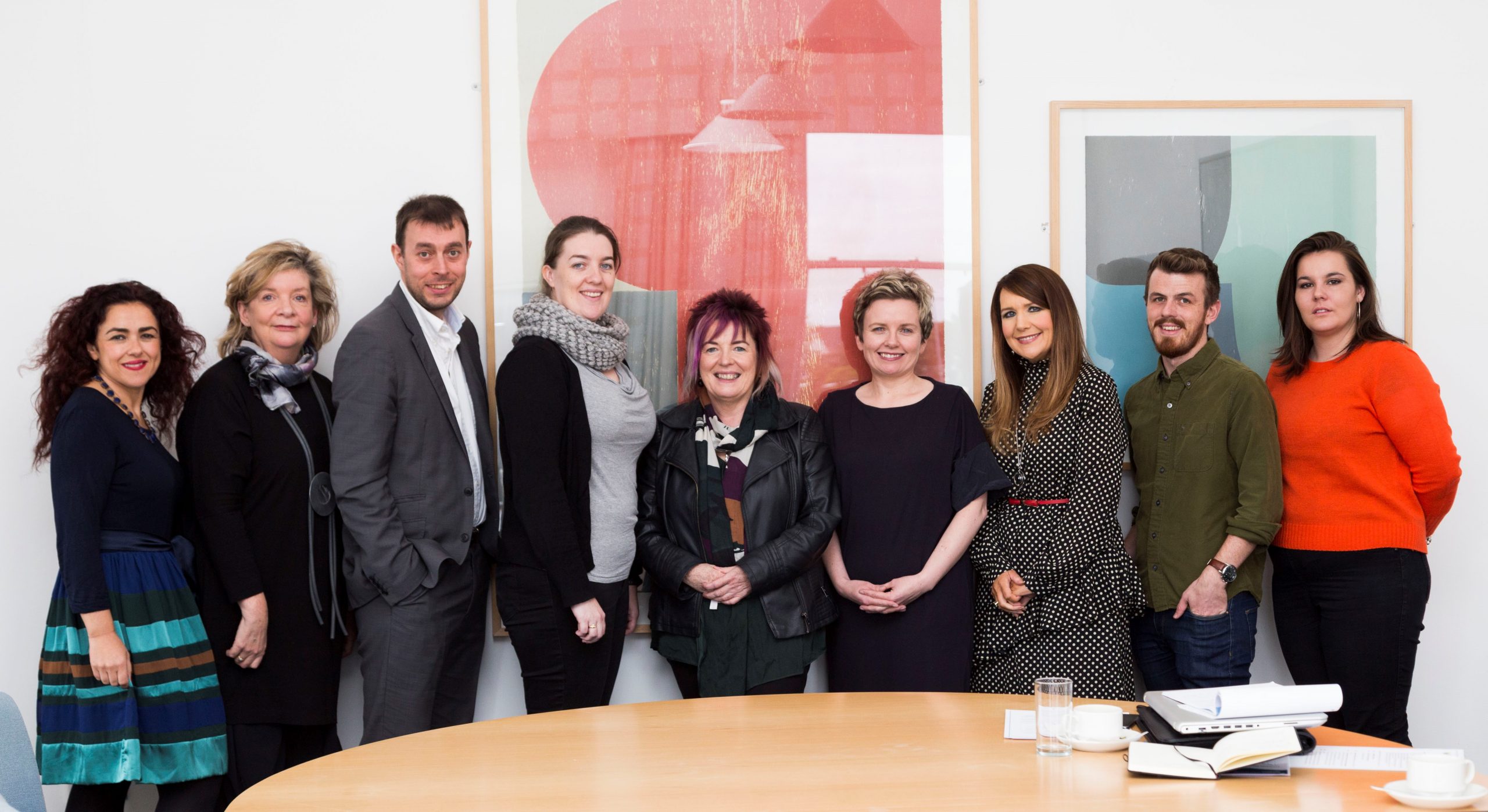From 2017 until 2019, NStEP Project Teams made-up of dedicated staff and students were busy co-creating resources for use across the sector. These resources are a culmination of learning from analysing institutional practices during our pilot phase, ultimately drawing out themes for enhancement in student engagement.
At the QQI conference on staff professional development on 13th February 2020, NStEP is delighted to launch resources produced by the ‘Staff Roles and Capacity Building‘ Team that was led by AnSEO Cork Institute of Technology and CIT Students’ Union. Below, project Co-Chair Róisín O’Grady tells us more about the ‘Quick Guides‘ they have produced for higher education staff!
Our project:
Cork Institute of Technology (CIT) led this project because it is committed to improving student engagement across the student lifecycle and recognises the transformative potential of strong student-faculty partnership in pursuit of this goal. While much has been written about the importance of student engagement, there seemed to be no central repository for “how” staff could begin to purposefully integrate student engagement practices in their work. We felt, having an established Student Engagement Office, a pre-existing working relationship with sparqs since 2014 and the experience of working with all academic departments across CIT’s four campuses, we had something to offer in terms of leading out in the provision of information on student engagement for staff at other Higher Education Institutions (HEIs).
Purpose:
This project aimed to create a set of quick guides designed to support varied staff and student roles across HEIs and Students’ Unions who want an immediate and short introduction to why and how they might contribute to their institutional capacity to enhance student engagement, progression and success in their contexts.
How we achieved it:
Our first task was to establish a project team that was representative of a wide variety of staff in different positions to explore the role of staff in enhancing Student Engagement in Higher Education Institutions (HEI’s). Given that there are a variety of staff roles across an Institution, the project team agreed to create 5 cluster groups to help consolidate the ways in which staff in particular roles can practice student engagement. Each cluster group actively sought staff and student contributions. The project team led by Cork Institute of Technology involved a group of people who wanted to make a real contribution to advancing student engagement in Ireland.

Benefit of using these guides/value: Why we would like people to use it.
Each quick guide is tailored specifically for staff working in each of the 5 cluster groups identified above. They are designed to be user friendly and act as a guide to help staff to start or continue a conversation on student engagement in their own HEI. Each guide includes the definition of Student Engagement (SE); why staff would wish to enhance SE, what activities should be prioritised to maximise SE and what resources and support should be made available to support staff in fostering SE. The contribution of Students’ Unions across the sector was very valuable in the development of these resources.
These quick guides have also been endorsed by international experts in the SE/Teaching and Learning arena. We hope that all staff will use this resource to develop, inform and/or enhance their own practice.
To view the 5 Quick Guides please visit studentengagement.ie/resources where NStEP will be releasing over the coming months a range of other guides, reports, and tools for student engagement that have been developed by our Project Teams.
For further information contact Project Co Chair: Róisín O’Grady, Student Engagement Officer, Cork Institute of Technology (roisin.ogrady@cit.ie http://studentengagement.cit.ie)
The National Student Engagement Programme wishes to thank sparqs for their assistance to the Project Teams. We would also like to thank the team at AnSEO CIT, CITSU, and all members of the wider Project Team from across the sector, both staff and students, for their work to make these resources a reality.

